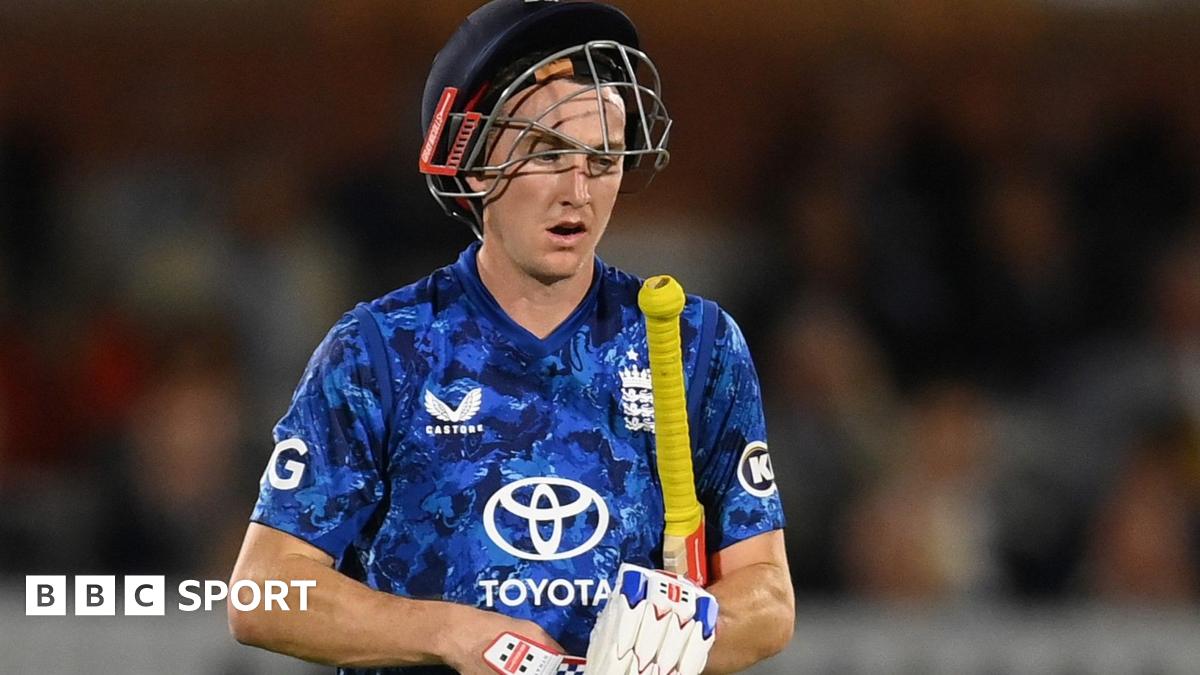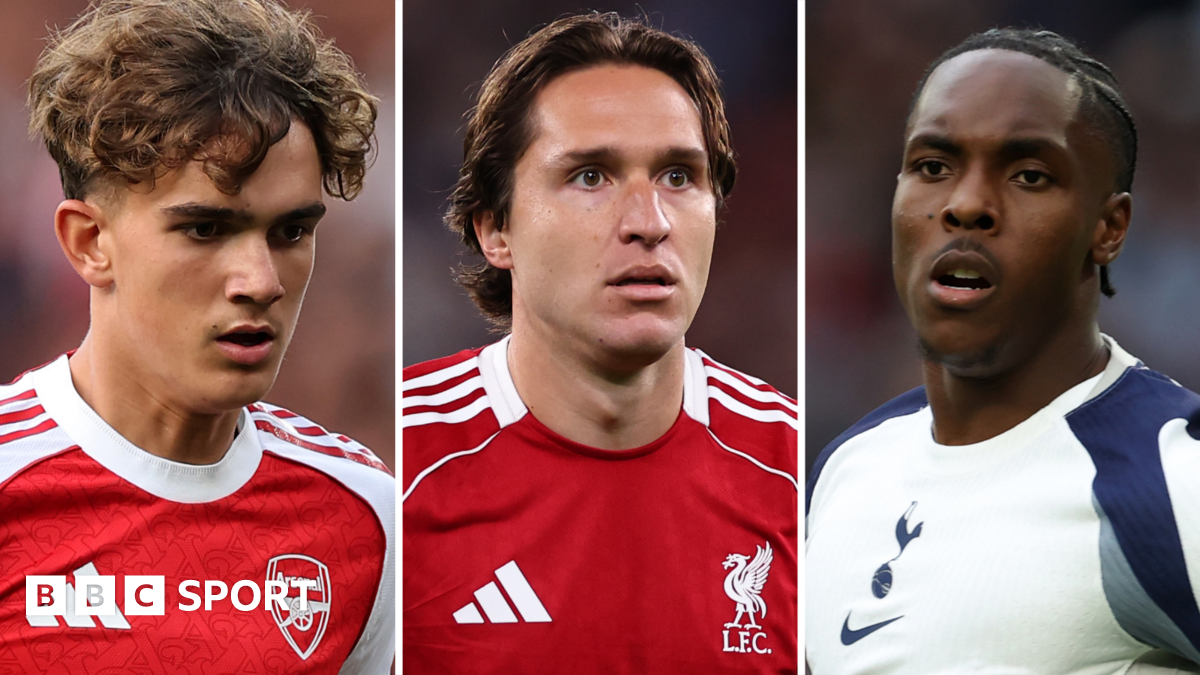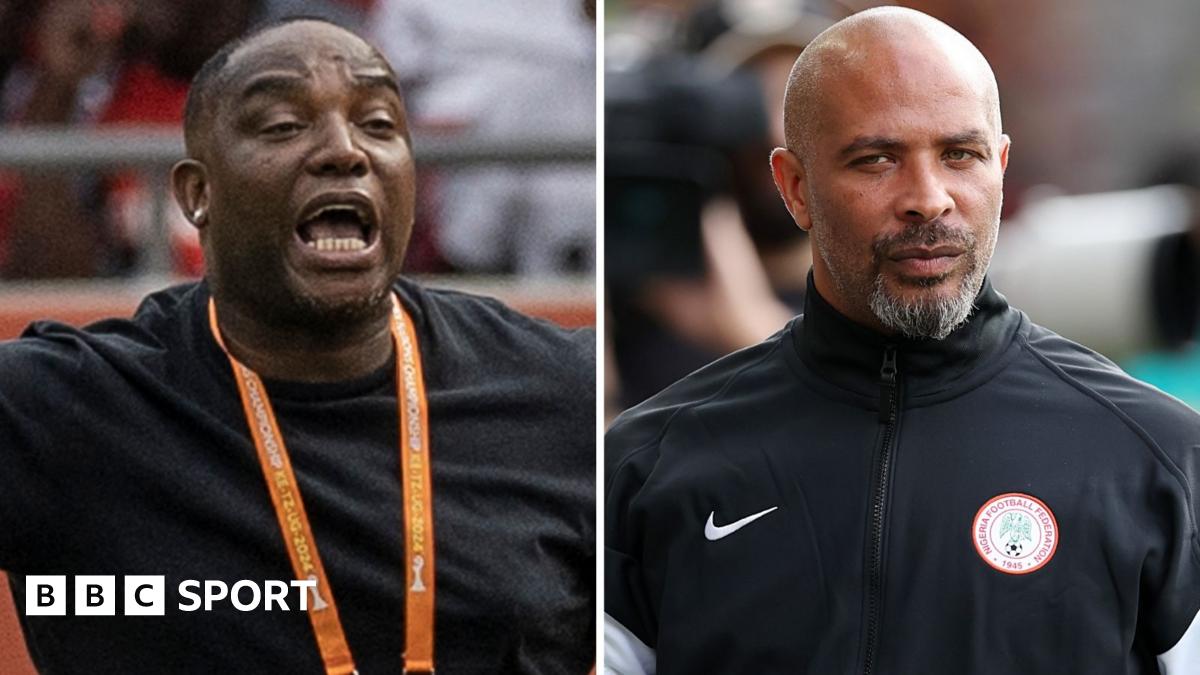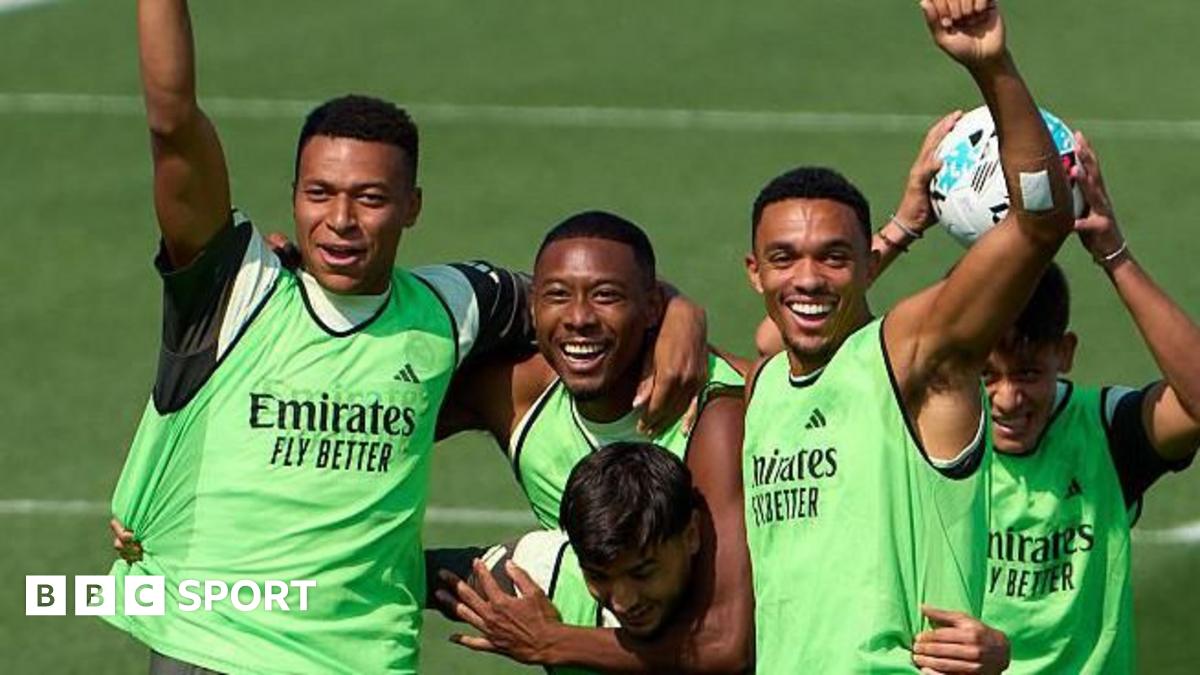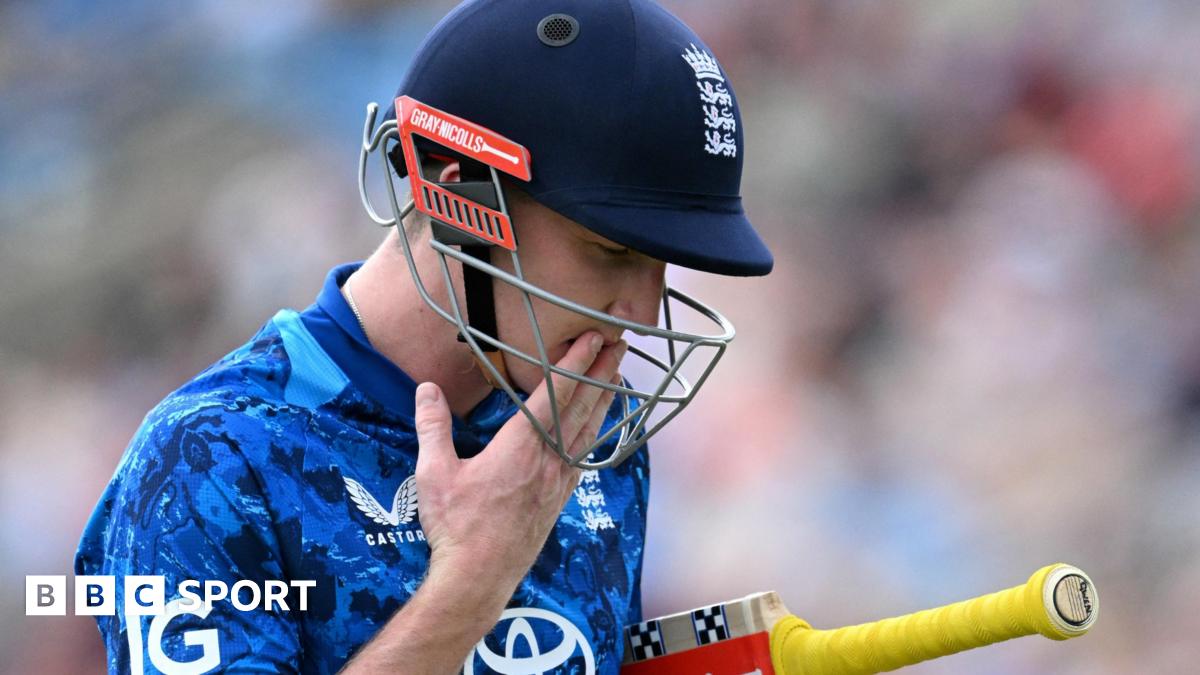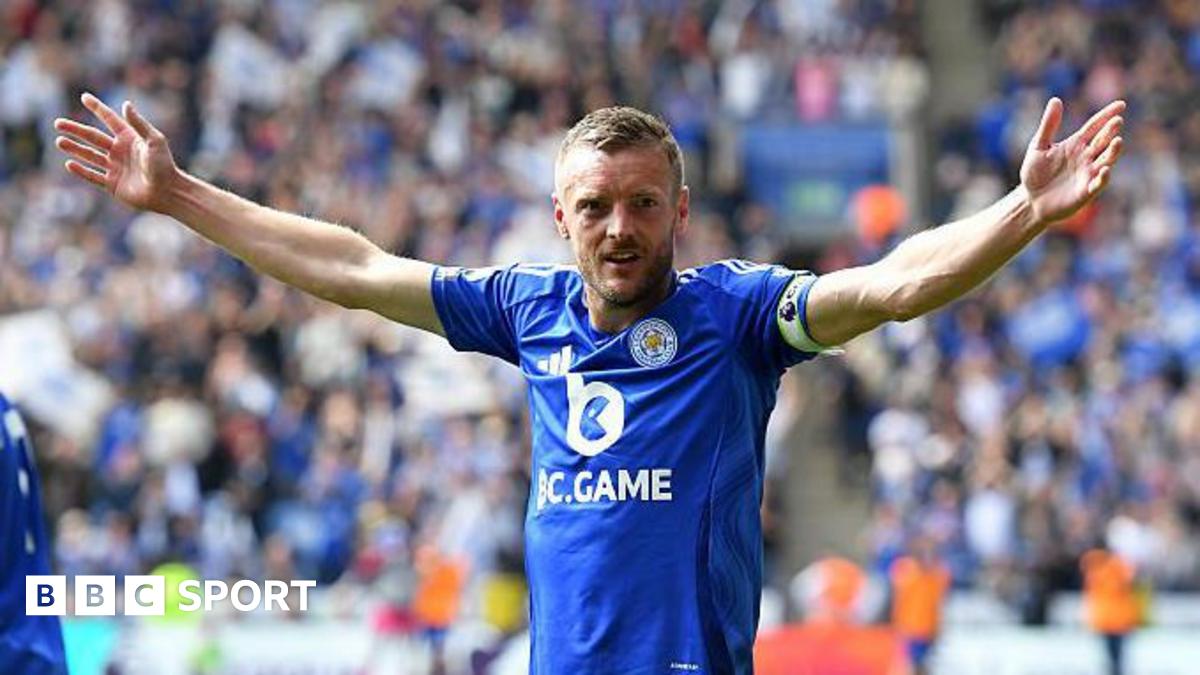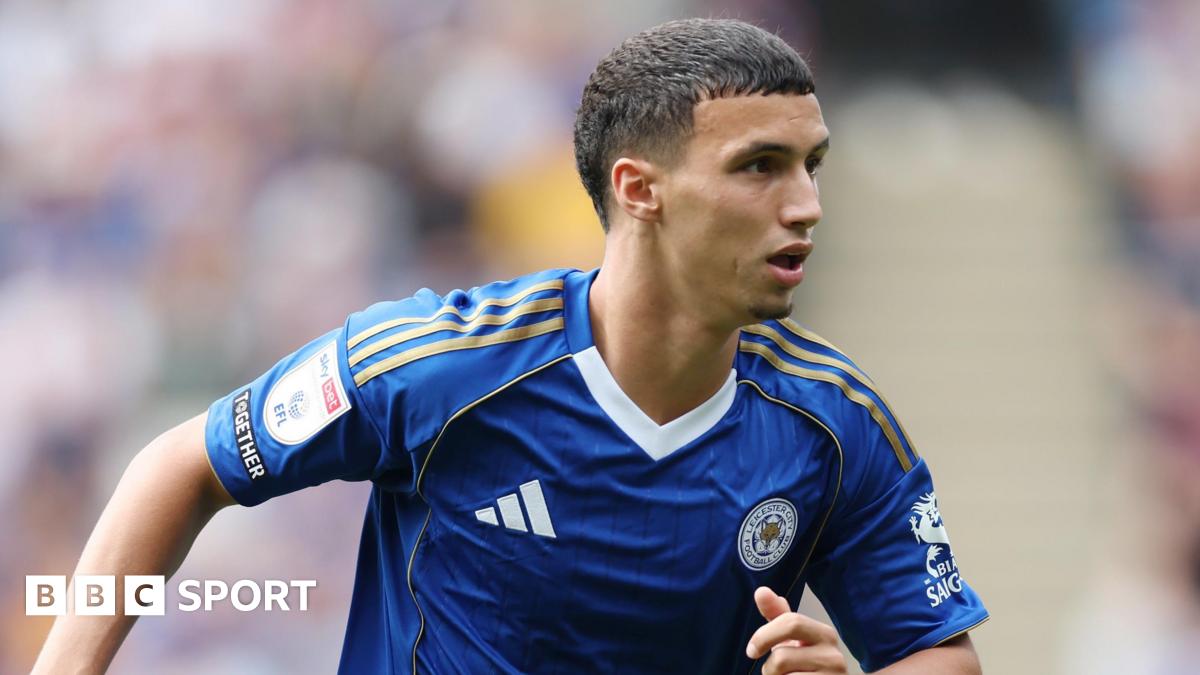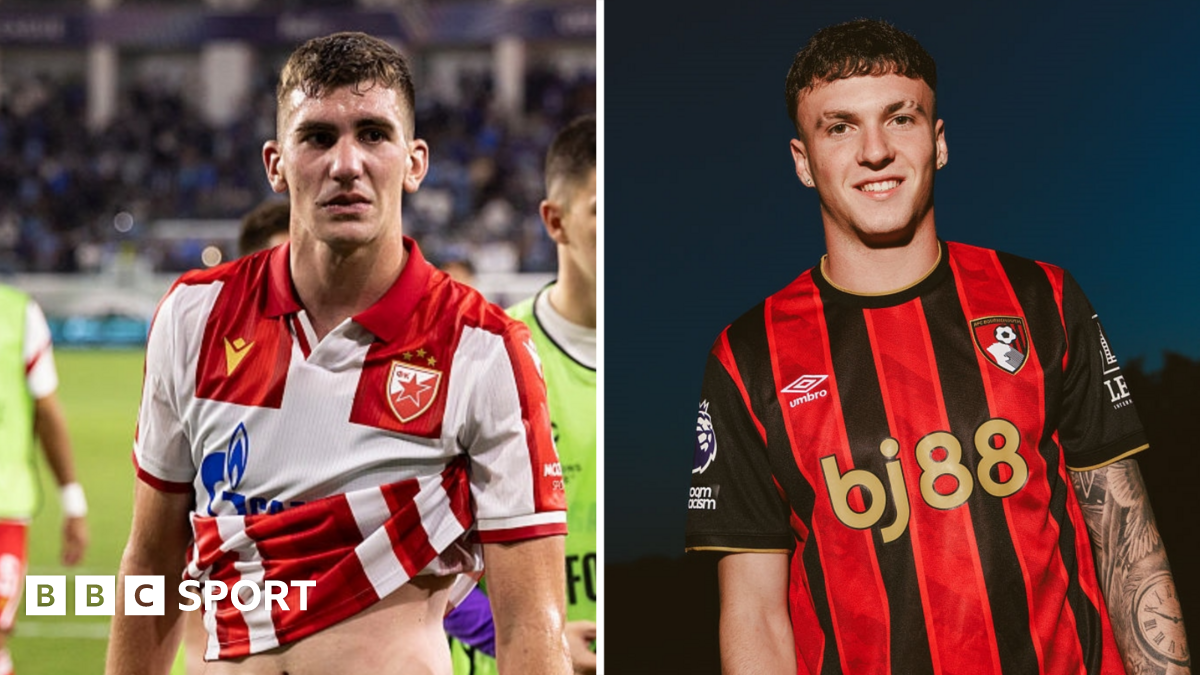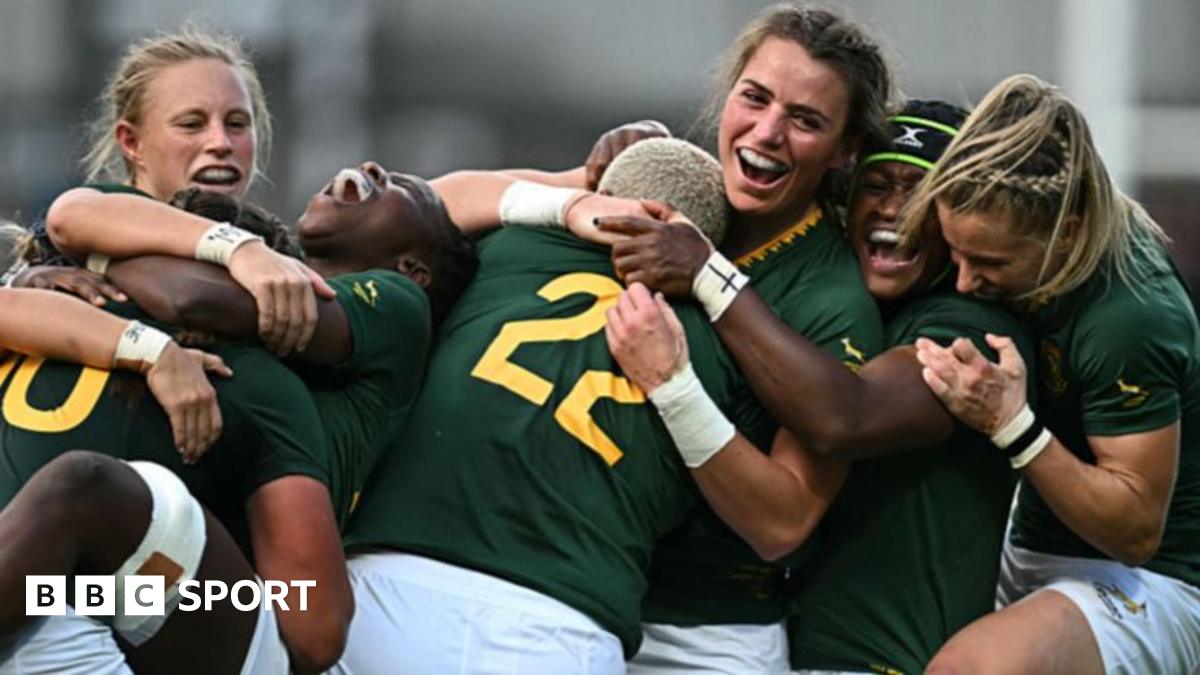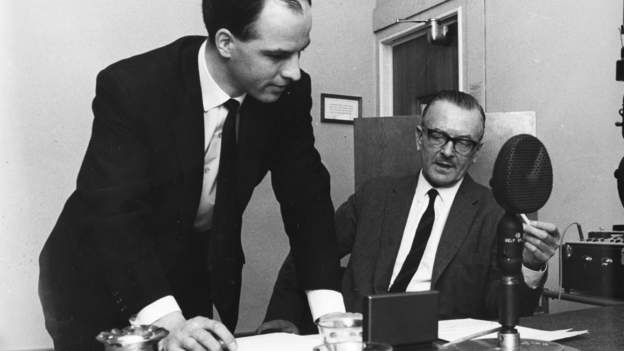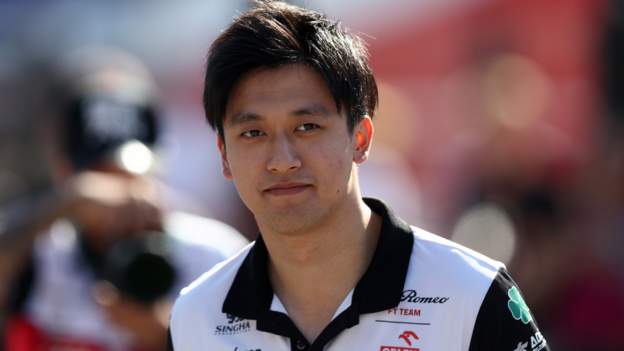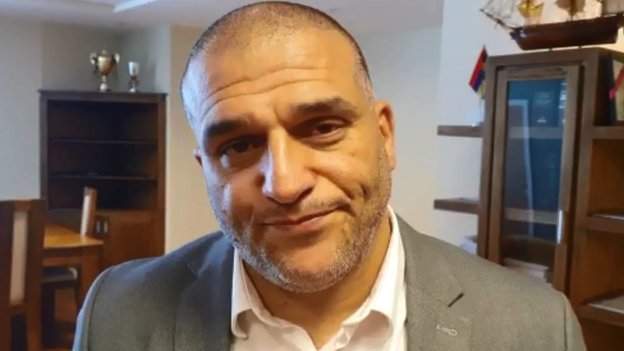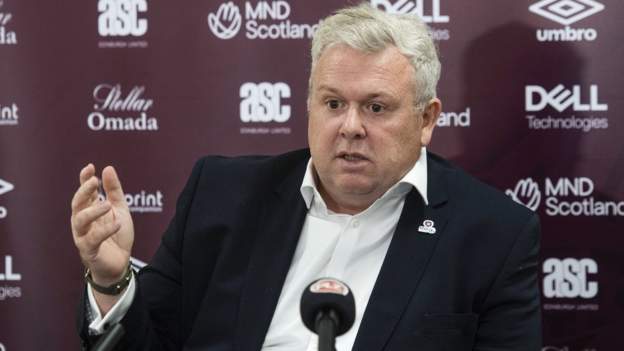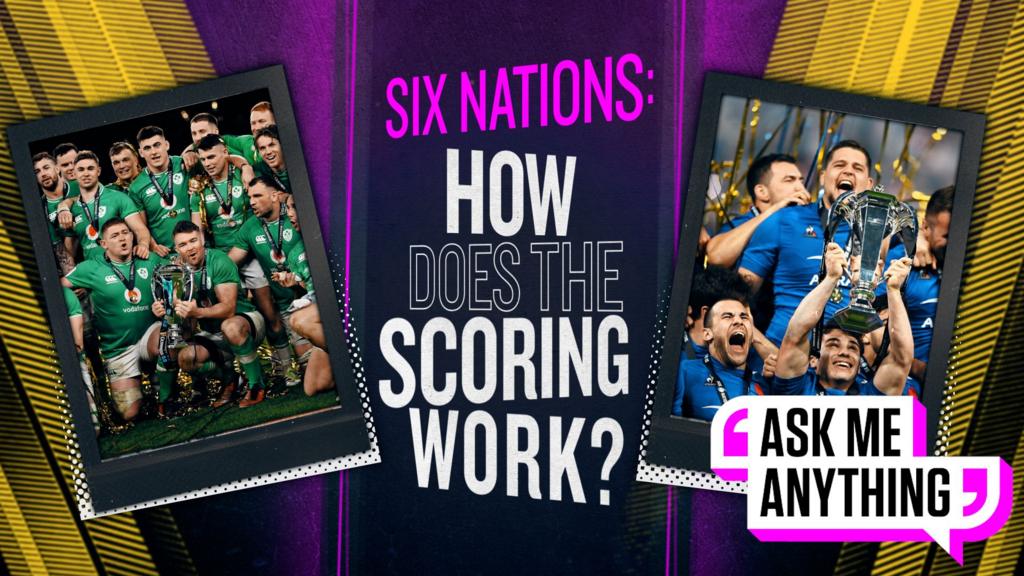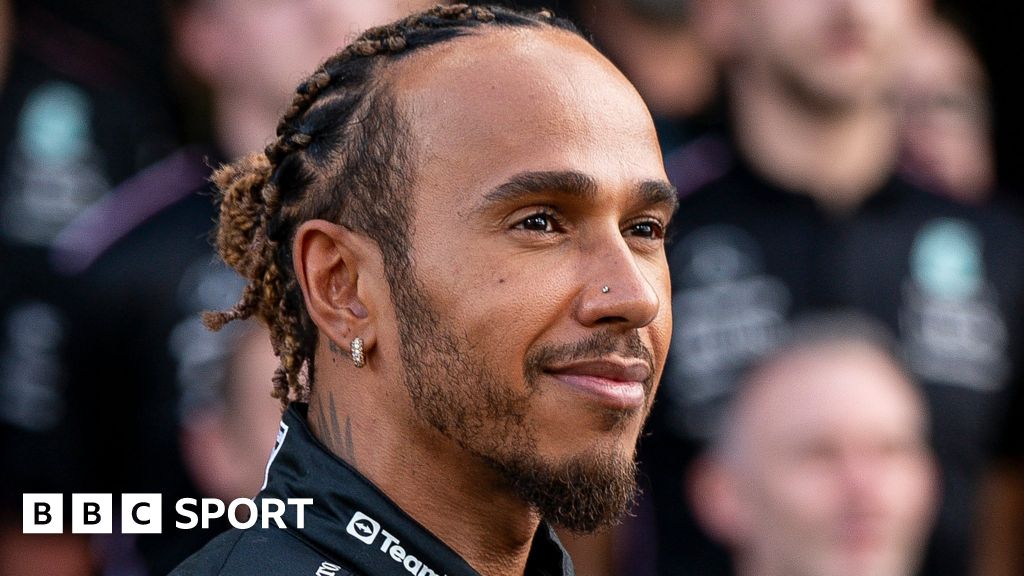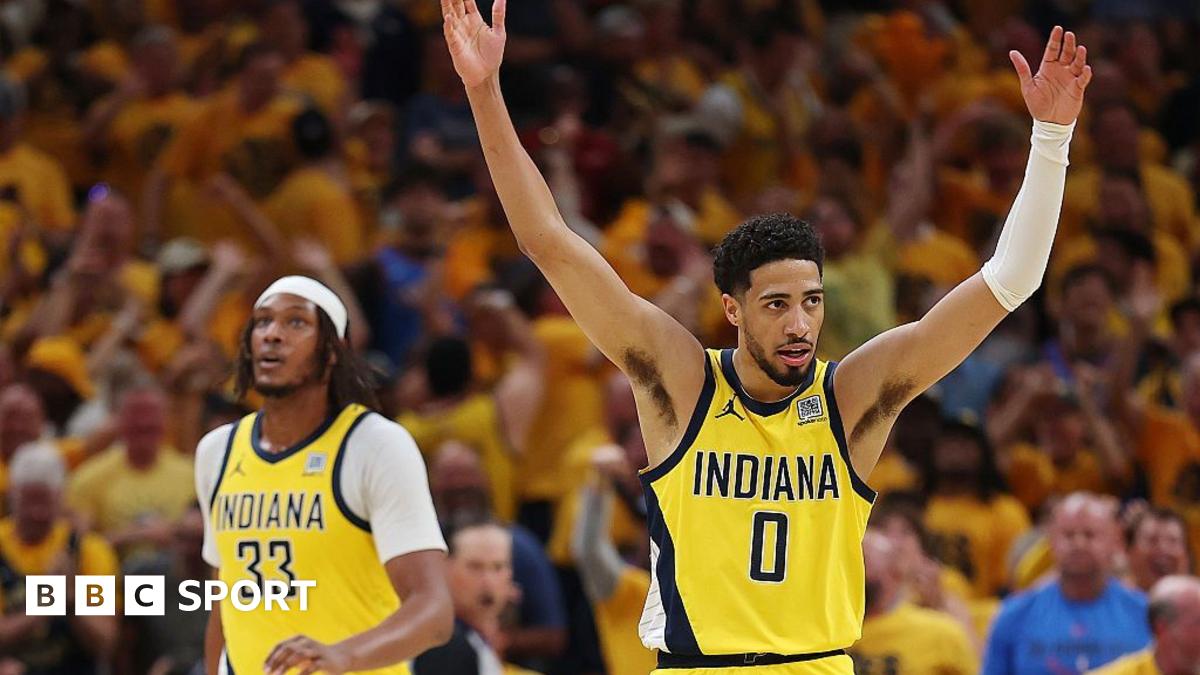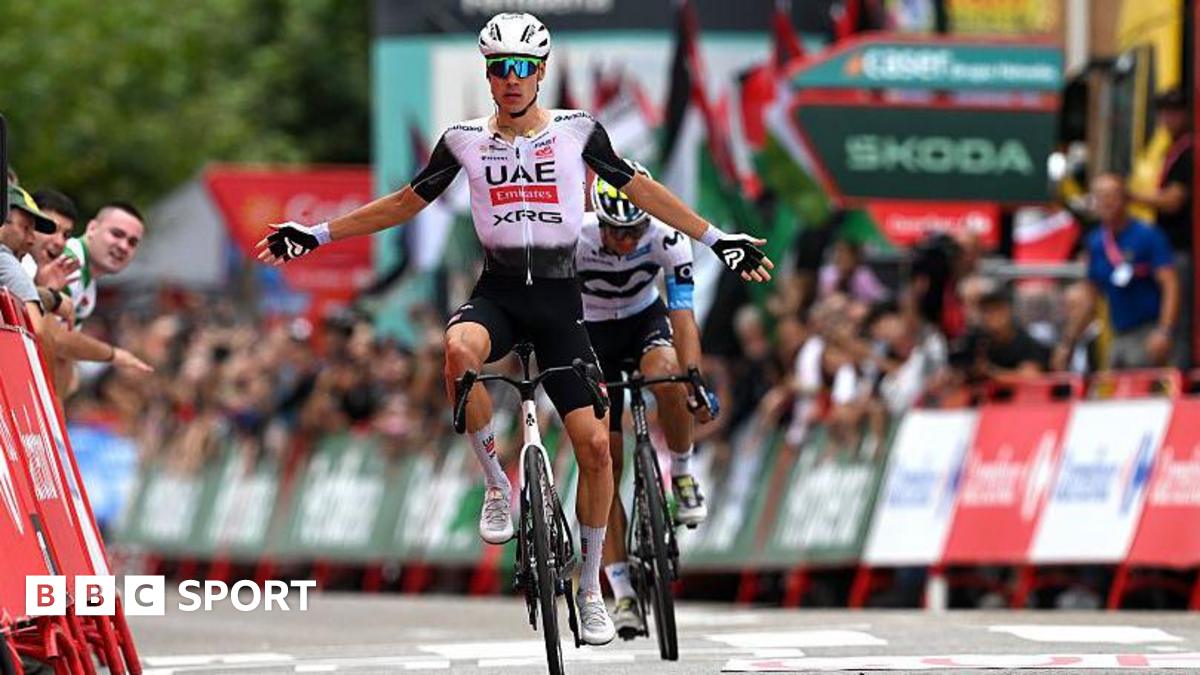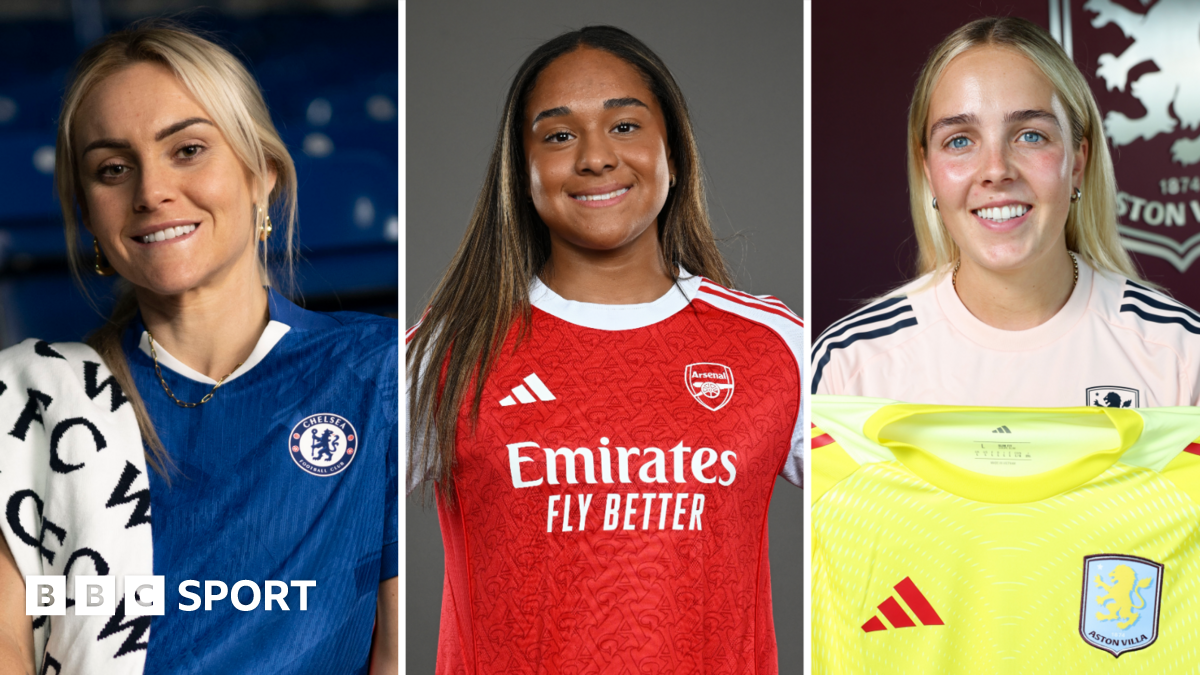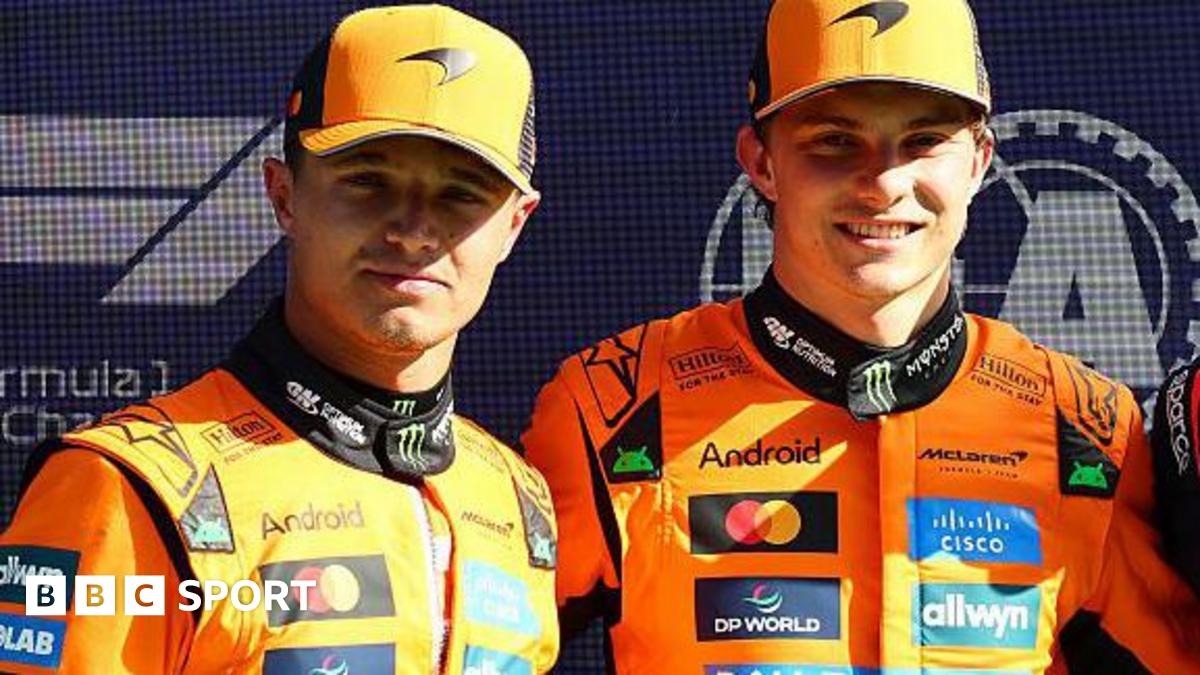“It’s 5 o’clock and it’s time for… Sports Report.”
That sentence has been a part of the Saturday routine for millions of BBC listeners down the decades – an announcement always accompanied by its famous theme tune to signal the end of the afternoon’s sporting action.
The iconic music, written by Hubert Bath and entitled Out of the Blue, has been present since the show’s inception in 1948, but tradition is not the only reason Sports Report is the world’s longest-running sports programme, celebrating its 75th birthday in January.
It is only a few weeks since the show made the headlines – rather than reporting them – when it dropped the classified football results, but adapting its format is nothing new; it has always embraced change and moved with the times since it first hit the airwaves.
BBC journalist Pat Murphy, who has written a new book that chronicles the programme’s history, has a unique insight into the story of one of the nation’s most beloved sports broadcasts.
Murphy, who has worked on the show since 1981 and is its longest-serving contributor, spent two years compiling his book, interviewing 165 past and present presenters, commentators, reporters and producers.
“I didn’t just want to go through each decade of the show, I wanted to bring stories and anecdotes from the 1950s and 60s to today’s audience who weren’t even born then, to get them aware of the sweep of the whole thing,” Murphy said.
“What we did when we interviewed Stanley Matthews and Denis Compton then, we are still doing with Pep Guardiola and Jurgen Klopp today – asking them the questions that really matter.
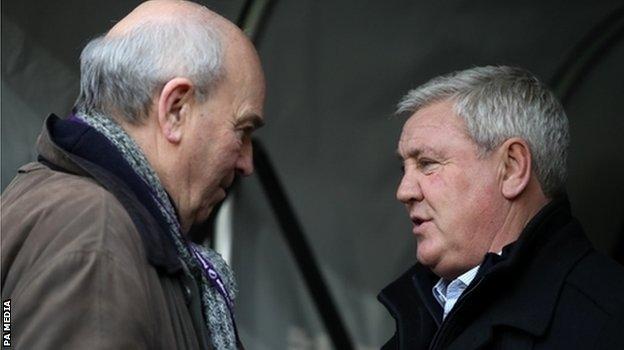
“What I found with my research was that you can get tucked into the unique nostalgic aspect of the programme, but at the same time you are aware of the immediacy of the thrill of making and listening to it – the news, opinion, interviews or analysis.
“That part of it has not changed – the principle of telling you what has just happened on a Saturday has stayed the same since it started. It is an easy formula, but the simplest ideas are often the best.”
‘The Weekly Miracle’
The first episode of Sports Report, advertised as a ‘new Saturday feature for sportsmen’, was aired on the BBC Light Programme on Saturday, 3 January 1948 and was presented by Raymond Glendenning.
Its profile grew in the 1950s and 1960s with Eamonn Andrews at the helm and, after many years on Radio 2, the programme switched to Radio 5 on 1 September 1990.
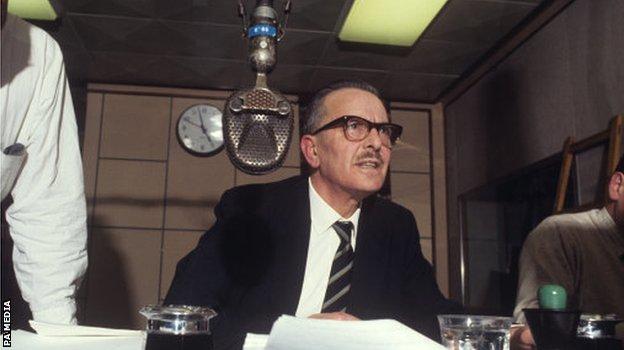
Since 2 April 1994 it has been heard on 5 Live, with current presenter Mark Chapman taking over in 2016.
There is always a sense of urgency when you listen to events unfold on Sports Report, but that is nothing compared to the feeling of those involved in making the programme, which is broadcast live and unscripted.
Speaking in 2018, Chapman said: “Normally, when you do this kind of thing the more you do it, the more relaxed you become and I am usually quite relaxed.
“But there is still that moment when you say that sentence before the music kicks in – you get goosebumps, your hair stands on the back of your neck.
“I am so conscious when I do it of the weight of history behind it, and the remarkable broadcasters that have done it before me and reporters contributing to it. I like to think when the time comes to pass it on, I will leave it in a similar state.”
That same sense of responsibility is shared by everyone involved in Sports Report – on air, or behind the scenes.
In the studio, a small team consisting of a producer, an editor, two studio managers, a broadcast assistant and two back-up producers are tasked with liaising with the presenter and everyone out at the grounds.
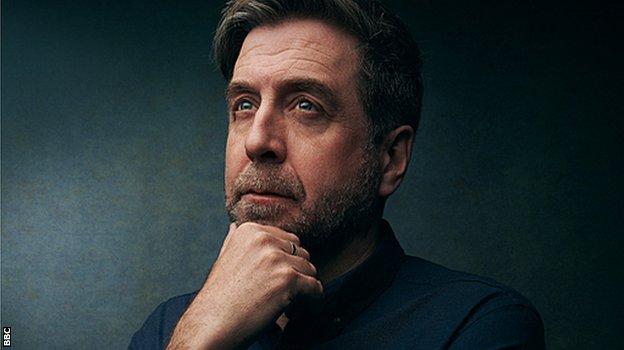
“Legendary newspaper columnist Patrick Collins used to describe the show as ‘The Weekly Miracle’,” Murphy explained.
“It’s an incredible effort to have one presenter linking to live reports and interviews around the country and indeed around the world, telling stories and sometimes breaking them, as they happen, without ever knowing what will happen next.
“The former head of BBC News Roger Mosey told me it was like covering a mini General Election every Saturday night and I don’t think the show is always given the credit it deserves for the quality it delivers under constant pressure like that.
“On a Saturday, when you hear the signature tune at 5pm, your first thought is often ‘bloody hell, is that the time already, I have barely written a thing’.
“But if you are a broadcast journalist, you thrive by operating on the seat of your pants and I’ve done that many times on the show as a reporter.
“It is the same when you are back in the engine room of the operation. The production team have to make instant decisions about which direction to go and which interviews to put on air – as the clock keeps ticking on and on.”
‘Staying relevant in a fast-changing world’
For many people, their early memories of Sports Report are of listening in the car on the way home from games, catching up with what happened around the grounds.
These days, there are plenty of other places for people to go to consume that news, but Murphy is confident the programme retains its relevance in a fast-changing media landscape.
“Obviously things are different now because you can get your results and your opinions on your phones and tablets,” he added. “But you don’t necessarily get the best insight or interviews there.
“That’s why people listen to Sports Report. It is clear the respect and high regard that people have for the programme is still there – we can actually make things happen that TV can’t. Delivering the news first is one of them.
“That must continue, but some things are beyond our control and I believe it is fundamental for Sports Report that we keep 3pm kick-offs on Saturday.
“We have got a 12.30pm kick-off and now 5.30pm too, but you really need that action during the afternoon – we missed it during the coronavirus pandemic.
“If that happens, I would certainly hope we can last another 25 years, to get Sports Report to a century. I was a mewling, puking baby when it launched, but it is redolent of my whole life and its success and staying power means an enormous amount to me.
“It is the one programme I always wanted to work on since I was growing up as a boy – and I still do now.”



